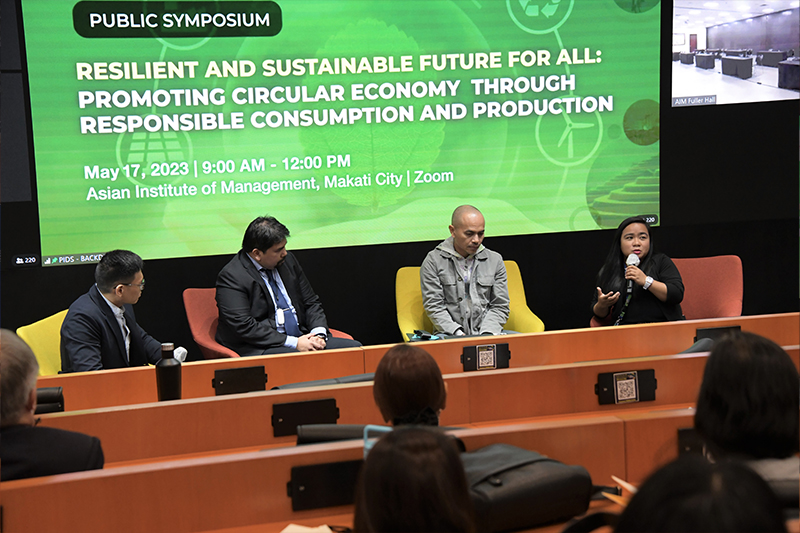THE Philippines' ability to benefit economically from the Generalized Scheme of Preferences Plus (GSP+) of the European Union is limited.
This is according to a study released on Friday by the Philippine Institute for Development Studies and written by Brynn Jonsson Julia, an administrative officer at the Department of Trade and Industry, titled "Analyzing the Diversity and Inclusivity of Philippine Exports to the European Union Under the GSP+."
"This study assesses the diversity and inclusivity of Philippine export activities to the European Union amid the country's status as a beneficiary of the Generalized Scheme of Preferences Plus (GSP+)," Julia noted.
He said GSP+ is a trade deal that waives EU tariffs in return for developing nations abiding by international treaties, such as those pertaining to human and labor rights, environmental protection and good governance.
The paper gathered official statistics and documents as well as open-ended questionnaires and email correspondence with experts and key informants from the government sector in order to evaluate the financial incentives of GSP+ and ascertain how and why its results evolved in such a manner, Julia added.
He said the study contends that the peculiar political economy of the Philippines, which scholars have labeled as an anti-developmental state, can be attributed to factors outside the purview of the GSP+, including the country's reliance on transnational migration, trade and investment liberalization, and private consumption, as well as challenges pertaining to the capacities of exporters, local supply chains and infrastructures, public institutions, and income and political inequalities.
The study "confirms that the materialization of economic incentives that the Philippines stands to receive from the system is limited," Julia emphasized, "considering the limited economic consequences of the EU's GSP+ on some of its beneficiary countries."
Regarding the variety of export activities to the EU, he said while some sectors (such as footwear and headgear, animals and animal products) did emerge, the established ones (such as prepared foods, machinery and mechanical appliances) generally maintained their dominance of export activities.
Despite the existence of incentives, Julia pointed out that some are even losing value such as wood and wood goods, and measurement and musical instruments.
Export inclusivity was confined to agriculture-based, low productivity activities, even if the poorest portion of the country (Mindanao) benefited by exporting to the area. On the other hand, the richest region of the country (Luzon) benefited from both industrial operations with increased productivity and agriculture-based ones even more, he added.
But even in the wealthiest region of the country, Julia noted, "the materialization of economic incentives is largely spatially exclusive and limited."
The dependence of the nation on international migration, foreign investment, import and trade liberalization, private consumption, and challenges in the capacities of its exporters, local supply chains and institutions have all been identified as specific factors that may be linked with an anti-developmental state in terms of the diversity of export activities to the EU.
Julia said factors that may be associated with anti-developmental traits in terms of inclusivity include the country's reliance on imports, foreign investment and economic zones; difficulties with the development of the country's local supply chains and infrastructure; and disparities in income and political power.
The study "recommends that further research be undertaken once official statistics on firms exporting under the GSP+ become available to produce more definitive findings on the inclusivity of Philippine export activities to the EU," he added.






